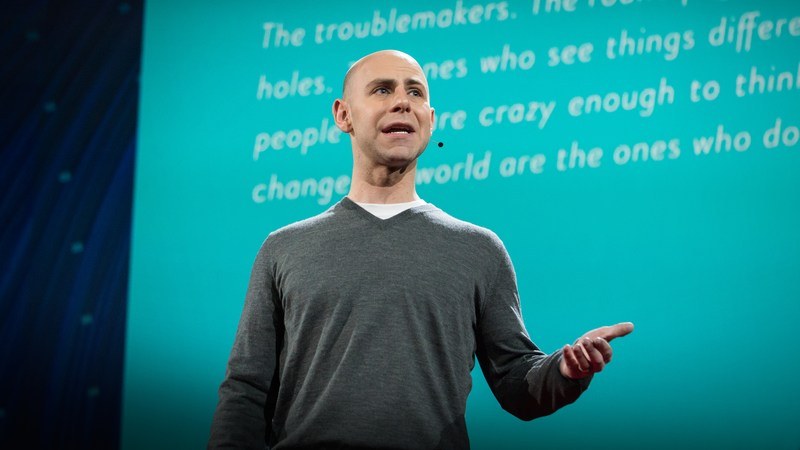By
ahsigmon
|
Blog
What does a film production studio, a financial investment firm, a power and natural resources company, a food and beverage startup, and a game company have in common?
At first glance it seems that NONE of these companies have anything to do with each other, but when you peel back the content of their respective businesses, the common denominator becomes obvious. They all have a TON of projects, extremely LIMITED resources, global competition and financial PRESSURE, and rapid, chronically shifting CHANGE.
Getting on the same page
Getting stakeholders aligned with and excited about the project vision can be challenging, and creating the stakeholder ownership needed to make the project happen takes time and consideration. It’s rare that stakeholders embrace the project vision with the same enthusiasm as the people who created the original concept but it’s not impossible. With tools, techniques, and some patience and understanding, a project manager can create a compelling story or picture of why the project is important to the business and what it will produce.
What change means
The completion of a project usually guarantees that someone somewhere is going to have to do something different from what they’ve done previously, which means a change is going to occur. Historically, stakeholders are slow to warm to change, and it’s crucial to understand that when leading a project, project managers are leading change. This obviously puts you, project manager, into a catch-22 situation.
When the problem or opportunity to be addressed by the project, sense of purpose for the effort, and indicators of success are not clearly understood among stakeholders, considerable time and energy can be wasted. This can result in personality conflicts that are actually unresolved conflicts over what is supposed to be accomplished. Using the following tips can help stakeholders feel less resistant to the change and create understanding and purpose quickly.
Change with context
When meeting with stakeholders, start with the problem or opportunity that created the need for the project: create context for the current state. Help stakeholders see the advantage to the business to leverage the opportunity or to address the problem through exploring the conditions that generated it. Use a simple process to promote quick understanding and purpose. The story about the business situation and ensuing change should light up the hearts of the people who will work on and pay for the project.
Use tools to facilitate involvement and ownership to the outcome
- Involve stakeholders throughout the project so they can participate in shaping and defining the change the project will create. They will be more likely to “own” it.
- Use group facilitation tools like Affinity Process, Scope Facilitation Technique, and Force Field Analysis to help align their assumptions.
- Create the project story through storyboarding. Doing this well throughout the project will build clarity and commitment among stakeholders and create an agreement that can serve as a “stake in the ground” or common reference point when disagreements crop up.
- Effect change by generating awareness so get them involved early and often.
- Get the the right people involved at the right time.
- Understand and manage stakeholder expectations by determining if the project objectives are in conflict with stakeholder objectives.
- Get on the same page with nomenclature and acronyms — inconsistencies with these are a time killer and generate frustration for all involved.
Being a change agent involves helping stakeholders see the strategic value of the project. It’s getting them involved early and often and using tools to get them engaged, ensuring expectations are aligned and reaffirming commitment and ownership throughout the project.
What’s your biggest challenge with leading change in projects?


